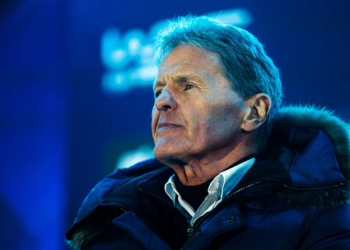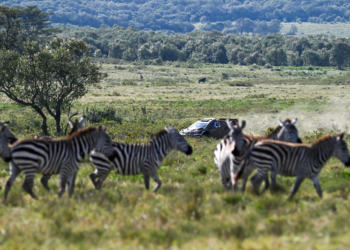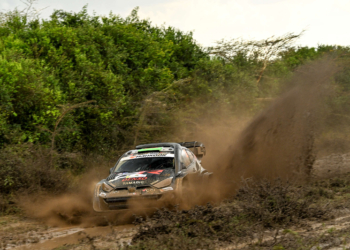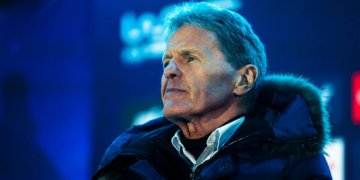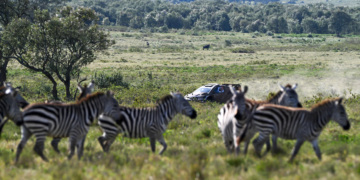All three World Rally Championship manufacturers have committed to the sport’s new hybrid era, which runs from 2022 to 2024.
WRC’s current manufacturer’s, Hyundai, M-Sport Ford and Toyota will all continue to compete in the top tier of rallying which will see hybrid powertrains introduced for the first time.
The agreement includes an equal contribution from the governing body, the FIA, and the manufacturers to the development costs of the new technology, which will have a strong focus on sustainability, safety and cost management.
Only Hyundai has confirmed which model it will base its new WRC car on – the i20 N road car, which was inspired by its i20 World Rally Car.
WRC Promoter managing director Jona Siebel hailed the trio’s commitment as another positive step for the championship’s future.
“It’s no exaggeration to say the introduction of sustainable hybrid technology for the WRC’s headline category marks one of the biggest milestones in the sport’s history. It’s fitting such a major progression will be welcomed in the championship’s 50th anniversary season,” he said.
“Along with the FIA and the manufacturers, WRC Promoter is fully committed to the introduction of greener cars. The hybrid powertrain forms an integral part of the automotive industry as the world moves towards a more sustainable future, and it’s essential the WRC is aligned with this evolution.
“This is rallying with a purpose – providing a perfect R&D platform for the automotive industry to communicate its new technology.
“WRC remains motorsport’s toughest championship for production-based cars and the leadership from these teams sends a positive message about its future to other manufacturers considering joining the series,” Siebel added.
In order to keep costs down and increase stability in the championship, the FIA will introduce a three-year commitment for manufacturers, rather than the current one-year agreements.
Along with hybridisation, the sport will also switch to more sustainable fuels for both the cars and for powering its service parks. Tenders have been issued for this, along with charging stations and energy generation.




